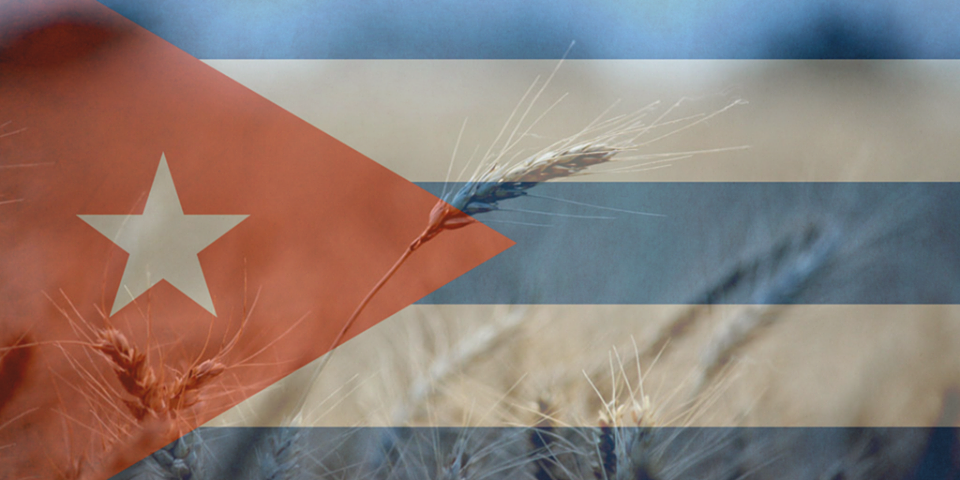Before this week, Air Force One had never been to Cuba. As the call sign for planes used to transport the President of the United States, Air Force Ones have landed in over 100 countries, but not once in Cuba until this past Sunday. That day marked the start of the first trip by a sitting U.S. president to Cuba since 1928.
President Obama spent three days in Cuba, along with a large delegation of government officials and industry representatives. Most importantly for agriculture, several representatives of the U.S. Agriculture Coalition for Cuba (USACC) made the trip at the invitation of the U.S. Secretary of Agriculture. Representing wheat farmers was Doug Keesling from Kansas.
“We need to put politics aside. It is time for the people of Cuba and the United States to finally be able to meet each other face-to-face,” said Keesling. “Whether we are looking to make deals on wheat shipments or just enjoy each other’s company over mojitos and cigars, we are tired of dealing with these restrictions. It’s time to move on to the next chapter in U.S.-Cuban relations and end the embargo.”
It was an eventful few days for the USACC members, who met with counterparts in Cuban agriculture and participated in events with agriculture leaders from both U.S. and Cuban governments. USACC acted as ambassadors for U.S. agriculture in a country where there has been far too little exposure in decades, even handing out Cuban and American flag lapel pins on the streets.
A lot has happened in the nearly 90 years since a U.S. President last visited Cuba. Most significantly, for U.S.-Cuban relations, revolutionary armed forces led by Fidel Castro deposed the U.S.-backed government in Havana in 1959. Very few U.S. citizens have ever approved of the revolutionary government in Havana or supported its efforts to spread Marxist ideology beyond its shores. Since the end of the Cold War, pronounced ideological differences have persisted, though ideological conflict has largely subsided.
According to public opinion polls, most Americans support repealing the laws collectively known as the Cuba Embargo. Generally, supporters of repeal believe it would be better for both the Cuban and American people if the two countries can trade and interact freely, or at least without obstacles imposed by the United States. Along with President Obama, many Members of Congress – both Republicans and Democrats – support engagement instead of sanctions. Several from both parties accompanied the President this week in Cuba, along with Secretary of Agriculture Tom Vilsack and other Cabinet members.
Cuba is the largest wheat market in the Caribbean, but U.S. exports have dried up completely since 2011. The single largest obstacle preventing the resumption of wheat exports to Cuba is codified in U.S. law and will take an act of Congress to repeal. The embargo must end and the wheat industry will continue advocating for that action.


